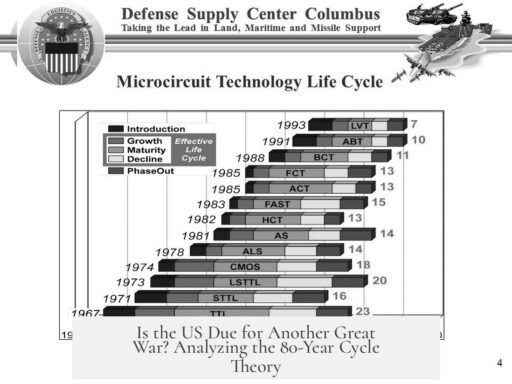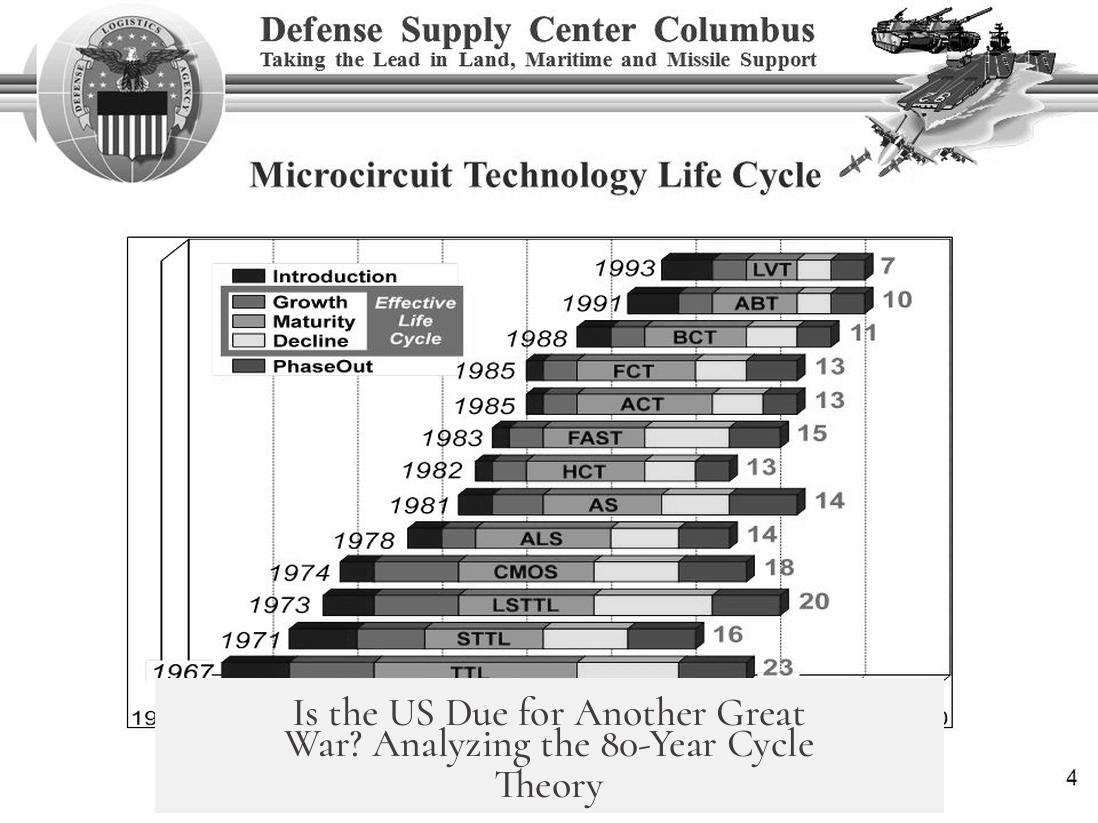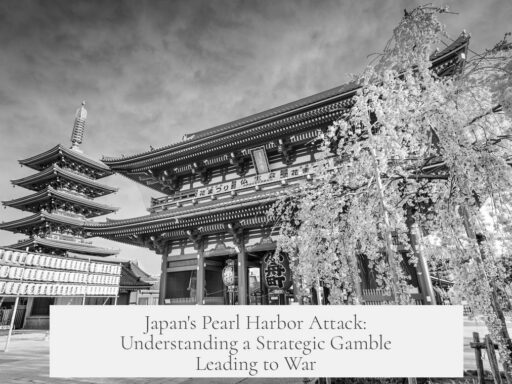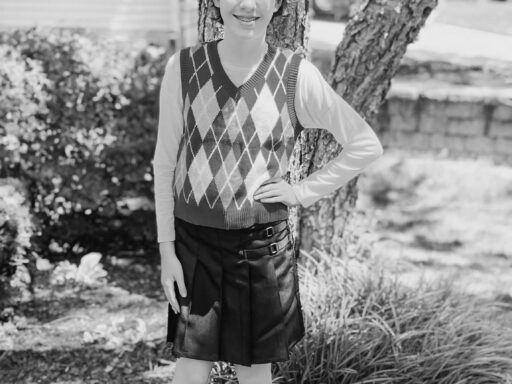The claim that there is a roughly 80-year, four-generation cycle of “great wars” in the US and that another major conflict is due post-World War II lacks strong support among professional historians and experts. This idea mainly stems from the “Fourth Turning” theory by Strauss and Howe, but it faces significant criticism for its methodology, assumptions, and predictive power.
The “Fourth Turning” theory suggests that American history follows a set of recurring cycles of approximately 80 years or four generations, with crises—including great wars—marking transitions between these cycles. According to the theory, the US experienced great crises roughly every 80 years, such as the Revolution, Civil War, World War II, and following that logic, is supposedly due for another major upheaval or war. However, this theory, while influential in some circles, does not have strong academic backing.
Firstly, the authors, William Strauss and Neil Howe, are not trained historians. Their backgrounds lie outside traditional historical scholarship, with Strauss known for political comedy and Howe in consulting. This raises questions about their method and perspective. Their work is often classified as “pop history,” which means it is crafted more for broad appeal rather than rigorous academic analysis.
One key criticism is the arbitrary way the theory is applied. The authors selectively highlight certain cultural moments to fit their cyclical model, sometimes reclassifying periods to maintain the pattern. For example, labeling the 13th Generation as an “Awakening” rather than a “Crisis” period because that fits the cycle better appears forced. This selective framing reduces the theory’s reliability as a historical explanation.
- The theory attempts to fit complex historical events into neat cycles, ignoring the nuances of each era.
- Major events have unique and contingent causes that cannot be easily generalized into predetermined patterns.
- Historians emphasize context and contingency—multiple factors intersect, and history rarely repeats in simple cycles.
Another problem is non-falsifiability. The theory’s wide claims that all major crises fit within these saecula or cycles make it impossible to disprove. This characteristic aligns it more with belief systems like astrology rather than empirical historical inquiry. One historian mockingly referred to the reliance on a “Fudge Factor” that allows the theory to adapt post hoc to any set of facts.
Furthermore, mainstream historians rarely engage with or support this work. Many dismiss it as lacking serious value, calling it a “crackpot philosophy” with overtones of New Age thinking. The tendency to frame the entire arc of American and world history into neat segments and predict future crises is seen as overly deterministic and unreliable.
History as a discipline does not aim to be predictive. Past performance or patterns do not guarantee future events. History offers insight into human behavior and decision-making but recognizes the importance of multiple contingencies. The US entering World War II, for example, involved complex causes including economic, political, international alliances, and immediate events like the attack on Pearl Harbor. Such factors are specific to time and place and resist simplification into cycles.
| Aspect | Fourth Turning Theory | Professional Historical View |
|---|---|---|
| Authors’ Background | Non-historians, pop history writers | Trained historians with rigorous methodology |
| Methodology | Arbitrary, selective application to fit patterns | Contextual analysis, causation, contingency |
| Predictive Claims | Claims cyclical crises, including future wars | History not predictive, focused on understanding past |
| Scholarly Support | Minimal, often dismissed by historians | Widely reviewed, debated, and refined |
| Explanatory Power | Broad generalizations, non-falsifiable | Nuanced, based on evidence and debate |
In essence, the cyclical theory of great American wars is appealing for its simplicity and narrative power but lacks robust evidentiary backing. History involves complex interactions of political, economic, social, and cultural forces that defy predictable, repeating cycles. Predicting an “inevitable” great war based on generational timelines is an oversimplification unsupported by mainstream historical research.
- The 80-year cycle theory is largely rejected by historians due to its speculative, non-empirical nature.
- Historical events arise from many unique causes and contingencies, defying simple cyclical patterns.
- History is descriptive and analytical, not predictive; it aims to explain past human decisions.
- The theory is seen more as pop history or modern political astrology than serious historical scholarship.
Is there strong historical support for an 80-year cycle of great wars in the US?
Most historians reject this idea. They see the 80-year war cycle as an oversimplified theory lacking solid evidence. It is viewed as more speculative than fact-based by professional scholars.
What are the main criticisms of the “Fourth Turning” generational theory?
The theory is criticized for being arbitrary and non-falsifiable. Critics say it fits historical events selectively and lacks rigorous analysis. Historians often call it a form of modern political astrology.
Can history predict future great wars based on past patterns?
History offers insights but is not predictive. Past events do not guarantee future outcomes due to many unique and contingent factors in each era.
Why do historians emphasize context and contingency over cycle theories?
Historians focus on specific causes and conditions unique to each event. They avoid broad cycles because history involves complex decisions and unpredictable factors.
Do the authors of the generational cycle theory have professional historical expertise?
No, the main authors are not trained historians. Their work is considered popular history rather than academic scholarship.




